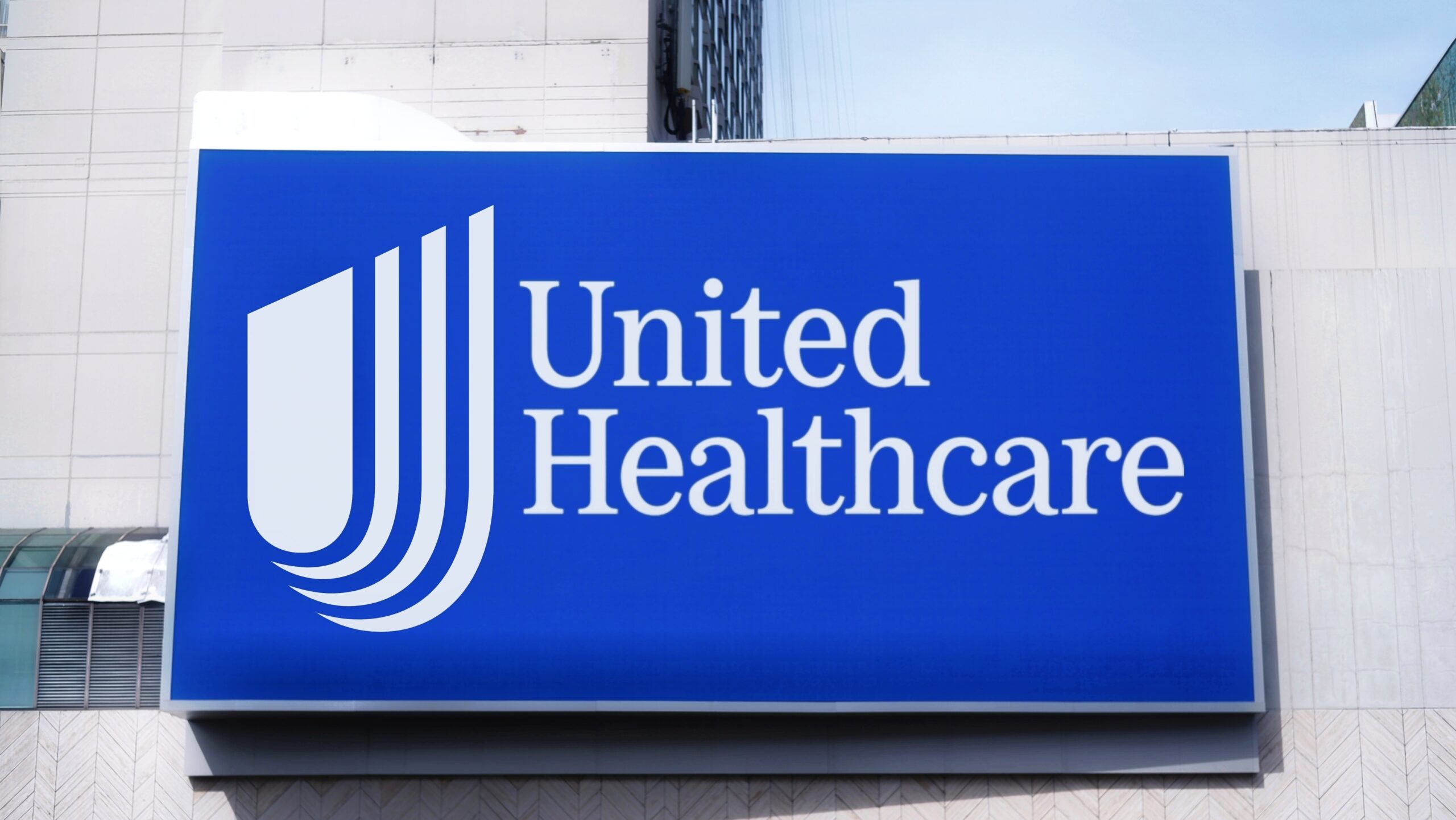Beta blockers—prescribed to millions after heart attacks—provide zero benefit for patients with normal heart function and may actually harm women.
Story Highlights
- REBOOT trial involving over 8,400 patients proves beta blockers useless for heart attack survivors with preserved heart function
- Women face significantly higher risks when taking these widely prescribed medications after heart attacks
- Medical establishment prepares to overhaul global treatment guidelines based on this paradigm-shifting evidence
- Decades of routine prescribing challenged by largest randomized trial ever conducted on this topic
Medical Establishment Faces Major Reckoning
The REBOOT trial, published in the New England Journal of Medicine and presented at the European Society of Cardiology Congress in August 2025, delivered devastating results to the medical establishment. Dr. Borja Ibáñez, the study’s principal investigator, declared that “REBOOT will change clinical practice worldwide.” The massive study spanning 109 centers across Spain and Italy enrolled patients with heart attacks who maintained normal heart pump function, specifically those with left ventricular ejection fraction above 40 percent.
This landmark research represents the largest randomized trial ever conducted on beta blocker use following heart attacks. The findings directly contradict medical dogma that has governed treatment protocols since the 1980s, when these drugs were first introduced as standard care. The study’s rigorous methodology and substantial patient population provide unassailable evidence that challenges entrenched pharmaceutical practices affecting millions of Americans annually.
Another Big Pharma scam
Common heart drug taken by millions found useless, possibly risky
https://t.co/Goyb0hvHum— Jay Wiliams 🇺🇸 (@jaywiliams9) September 1, 2025
Women Bear Disproportionate Risk from Outdated Treatment
Perhaps most alarming, the trial’s subgroup analysis published in the European Heart Journal revealed that women face increased risks when prescribed beta blockers after heart attacks. This sex-specific finding represents a critical safety concern that has gone undetected for decades of routine prescribing. The discovery underscores how medical research historically failed to adequately examine treatment effects on different patient populations, particularly women.
🚨 Common heart drug taken by millions found useless, possibly risky – ScienceDaily https://t.co/taX7lTDiX8
— NewsWorldGazette (@newsworldgazett) September 1, 2025
These findings demand immediate attention from healthcare providers treating female heart attack survivors. The evidence suggests that continuing current prescribing patterns for women may cause more harm than benefit, raising serious questions about medical liability and patient safety protocols. Healthcare professionals must now weigh these new risks against perceived benefits when treating female patients recovering from myocardial infarction.
Pharmaceutical Industry Faces Revenue Impact
The study’s implications extend beyond clinical practice to economic realities affecting the pharmaceutical industry. Beta blockers generate substantial revenue streams for drug manufacturers, with millions of prescriptions written annually for post-heart attack patients. The REBOOT findings threaten to significantly reduce prescription volumes as medical guidelines shift toward evidence-based, personalized treatment approaches rather than blanket pharmaceutical interventions.
Meta-analysis data presented alongside the REBOOT results confirms benefits only for patients with mildly reduced heart function, not those with preserved function. This distinction will likely create more targeted prescribing patterns, reducing overall beta blocker utilization. The shift represents a victory for patient-centered care over pharmaceutical industry profits, demonstrating how rigorous scientific research can challenge profitable but ineffective treatment protocols.
Sources:
Doctors rethink decades of routine beta blocker patients after
Beta blockers benefit heart patients
Beta blockers ESC 2025
Meta-analysis finds that beta blockers improve outcomes after a heart attack in patients with mildly reduced heart function
Mixed results beta blockers post MI patients preserved EF













